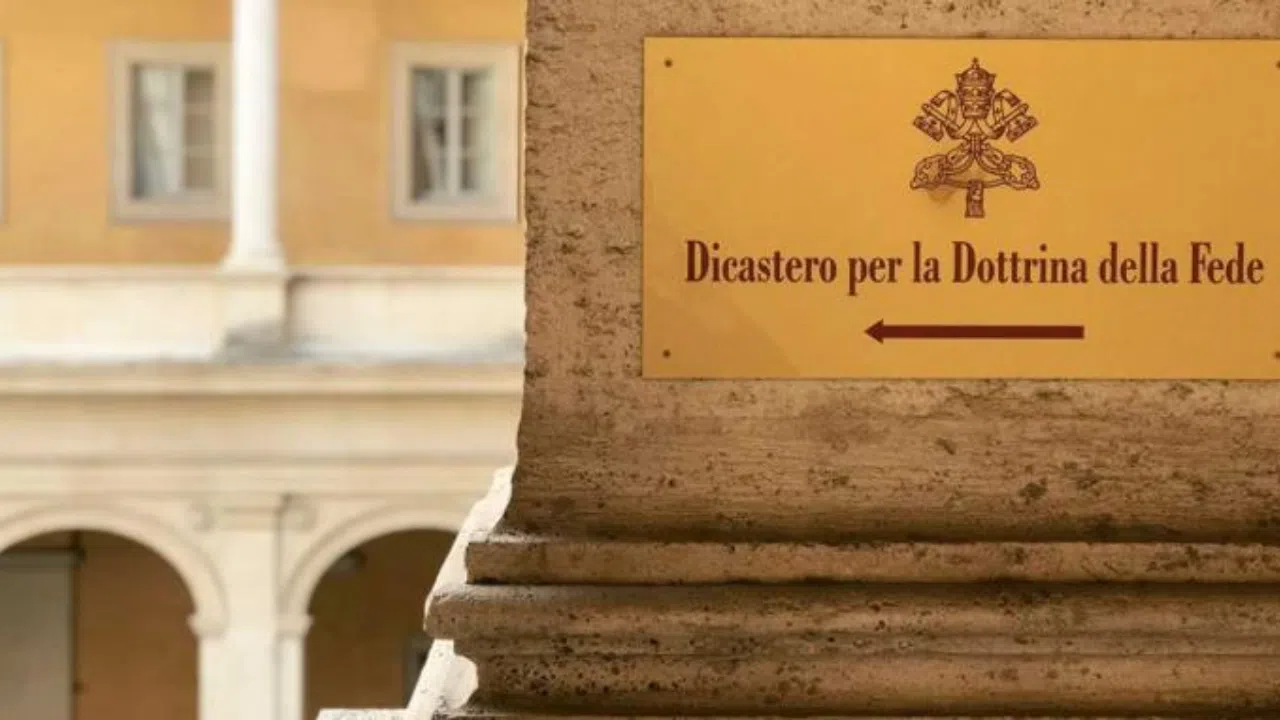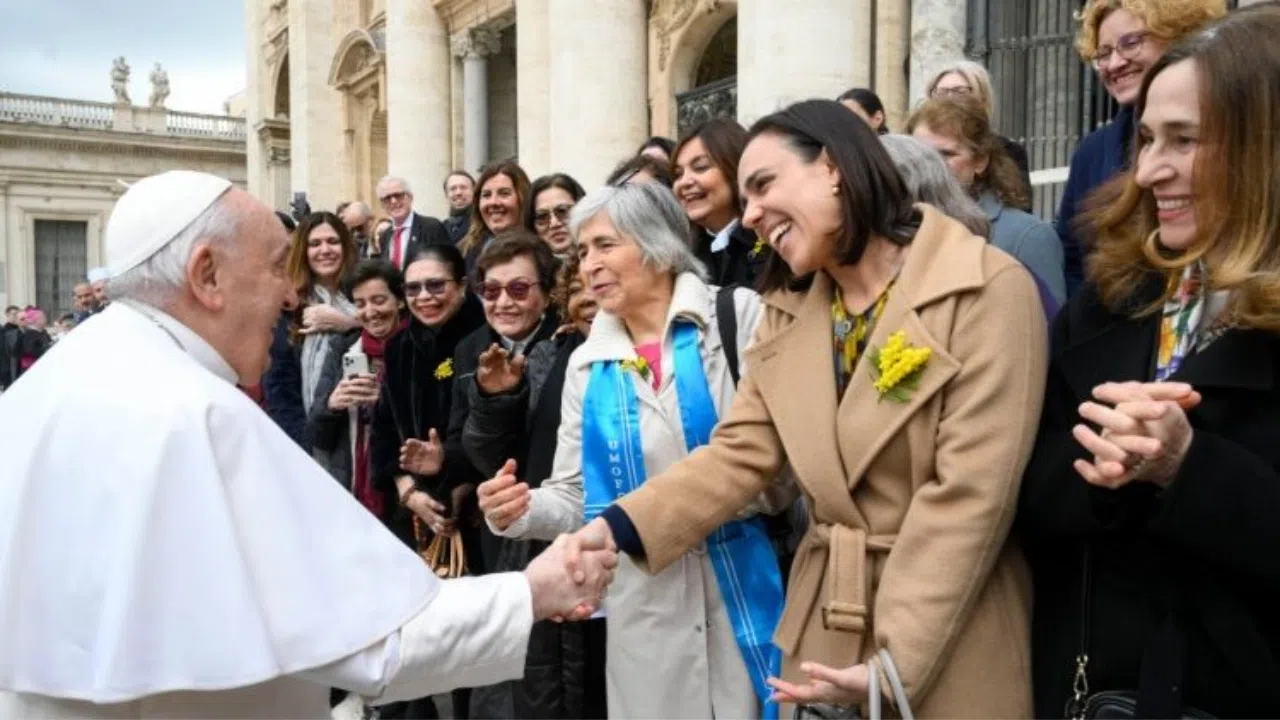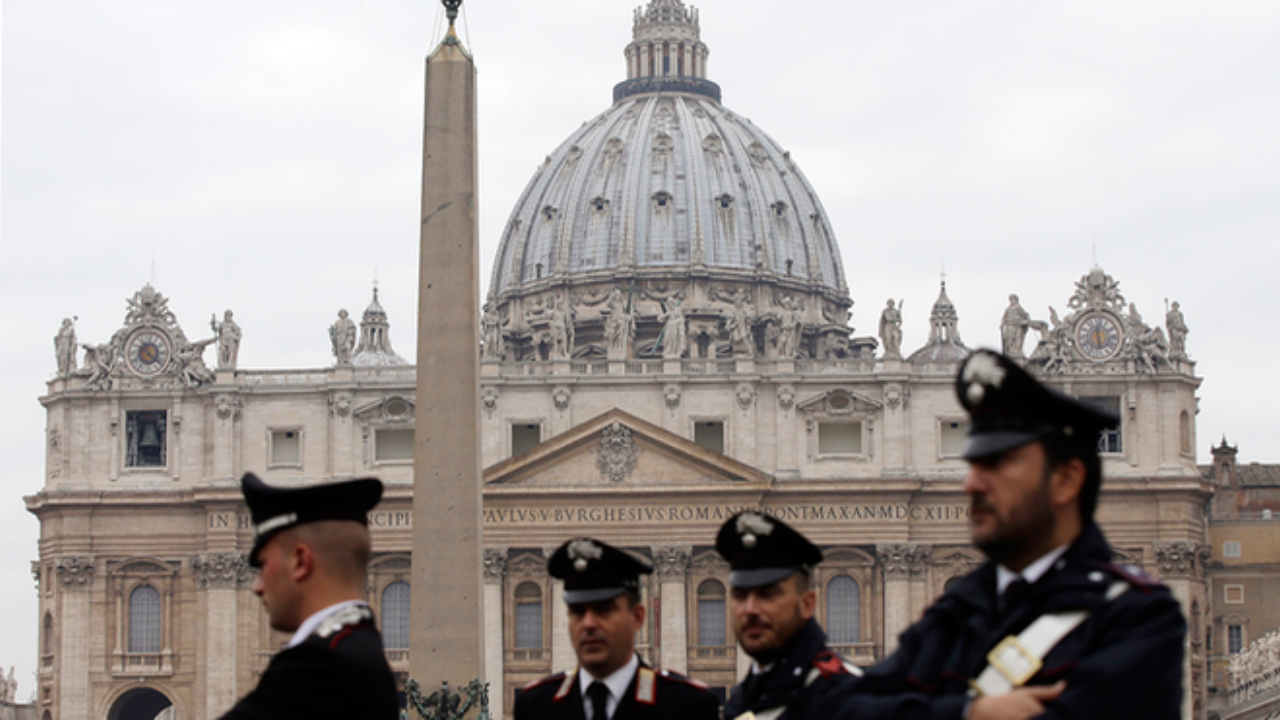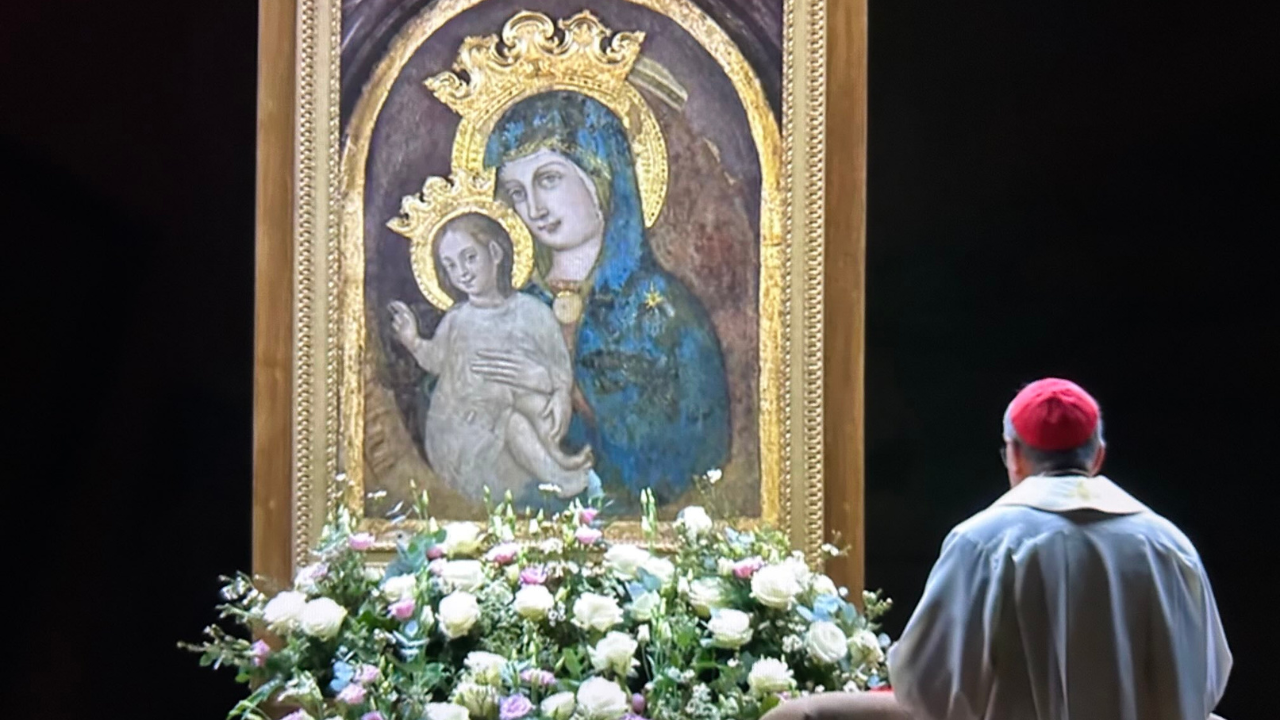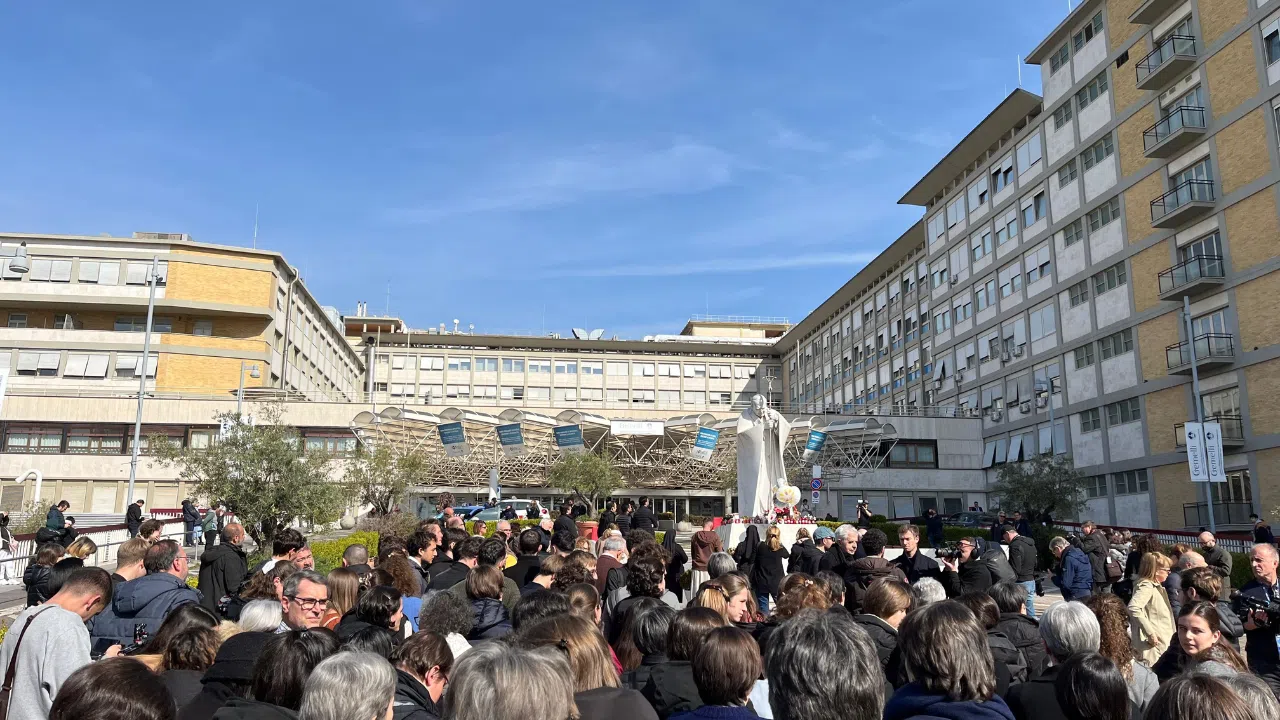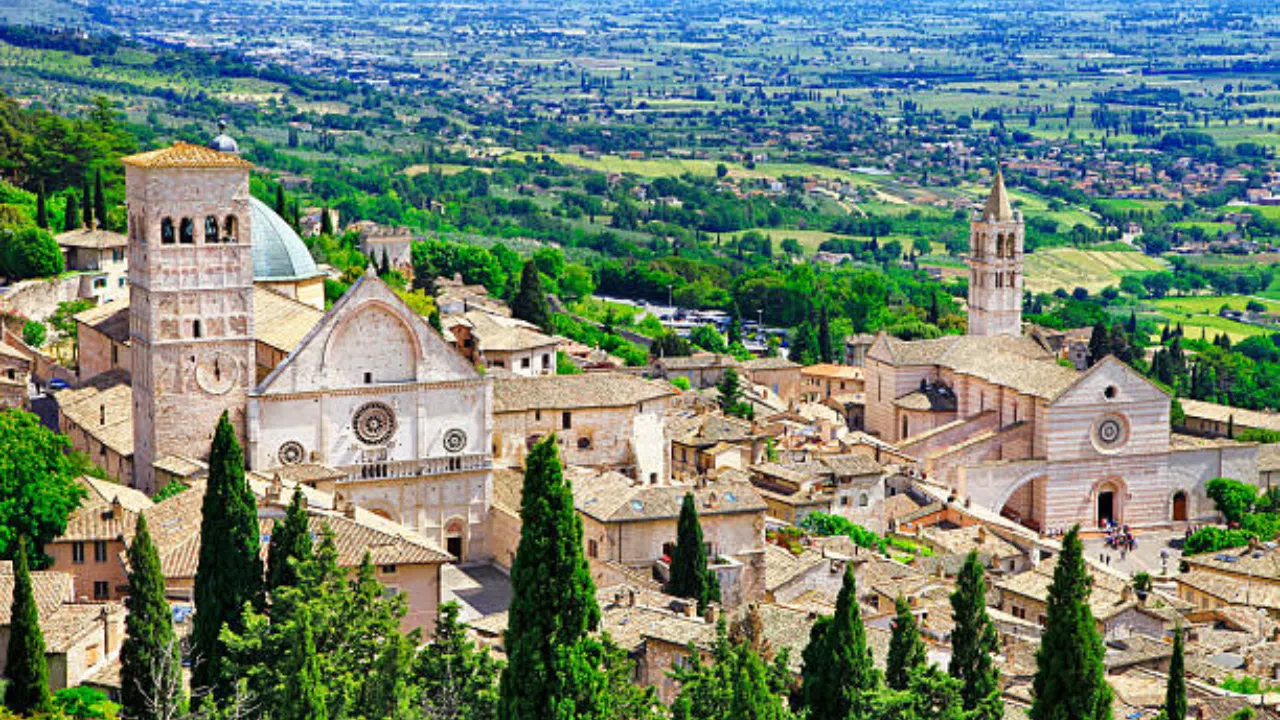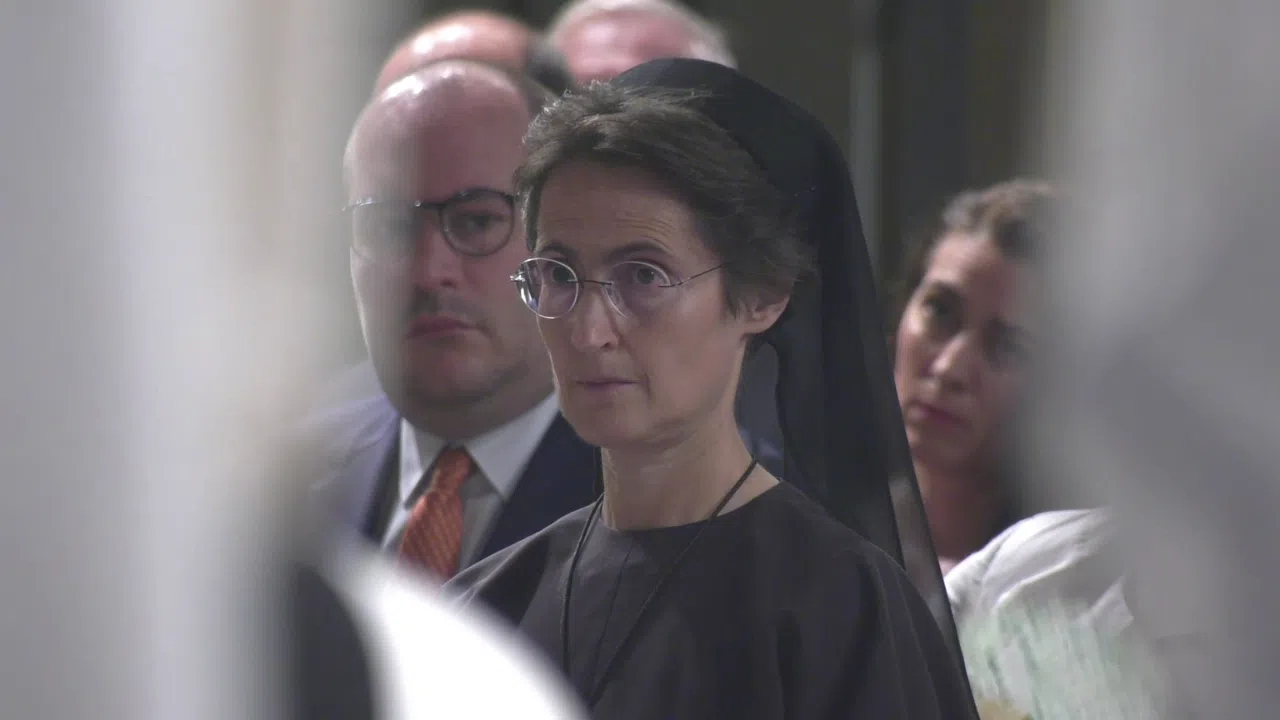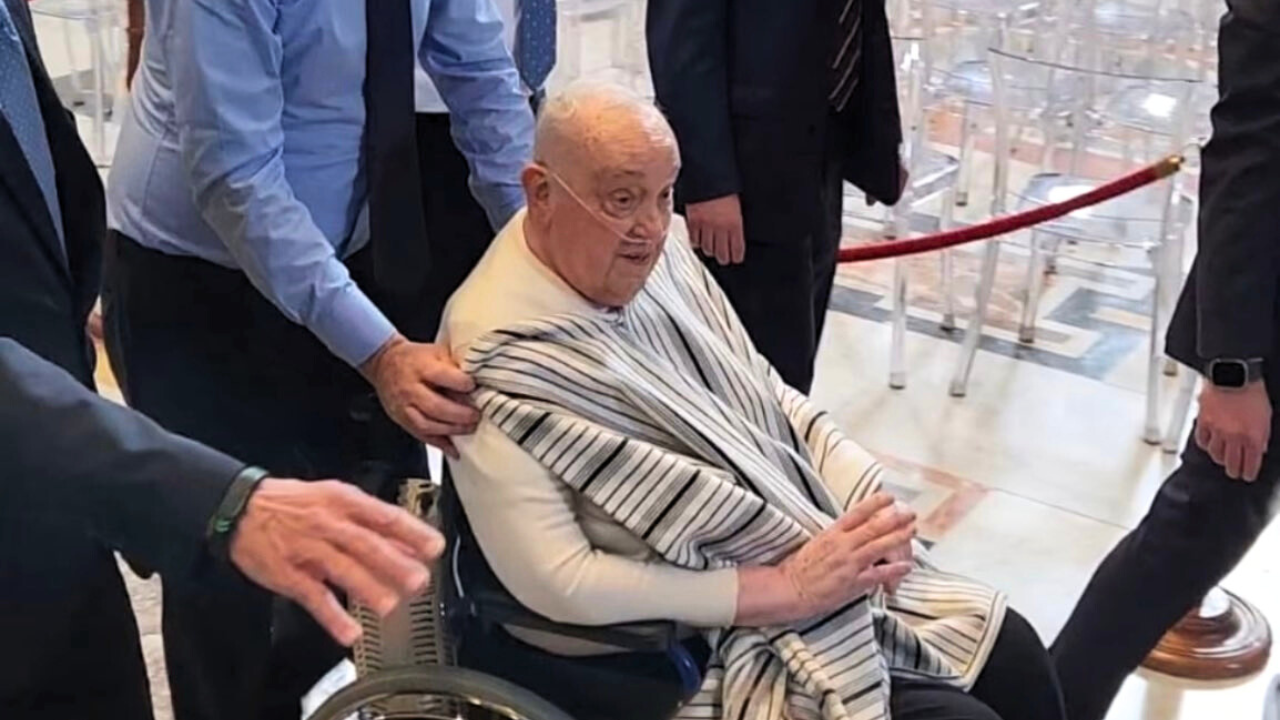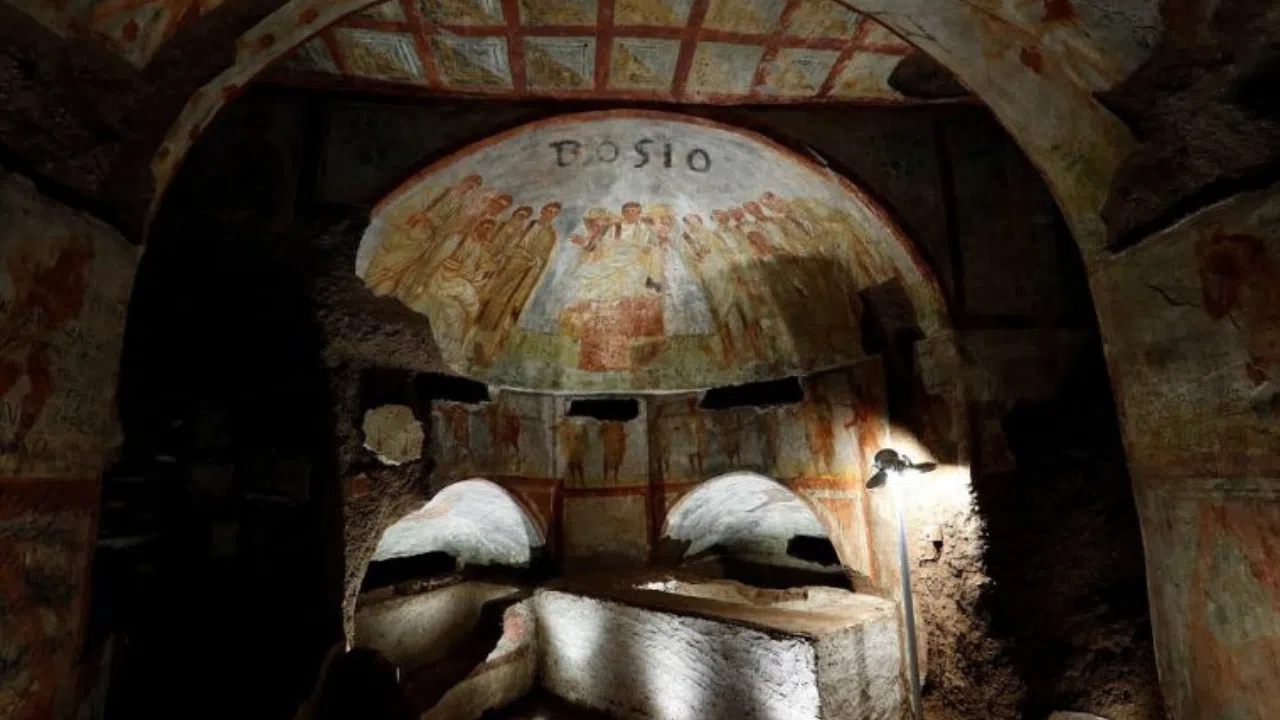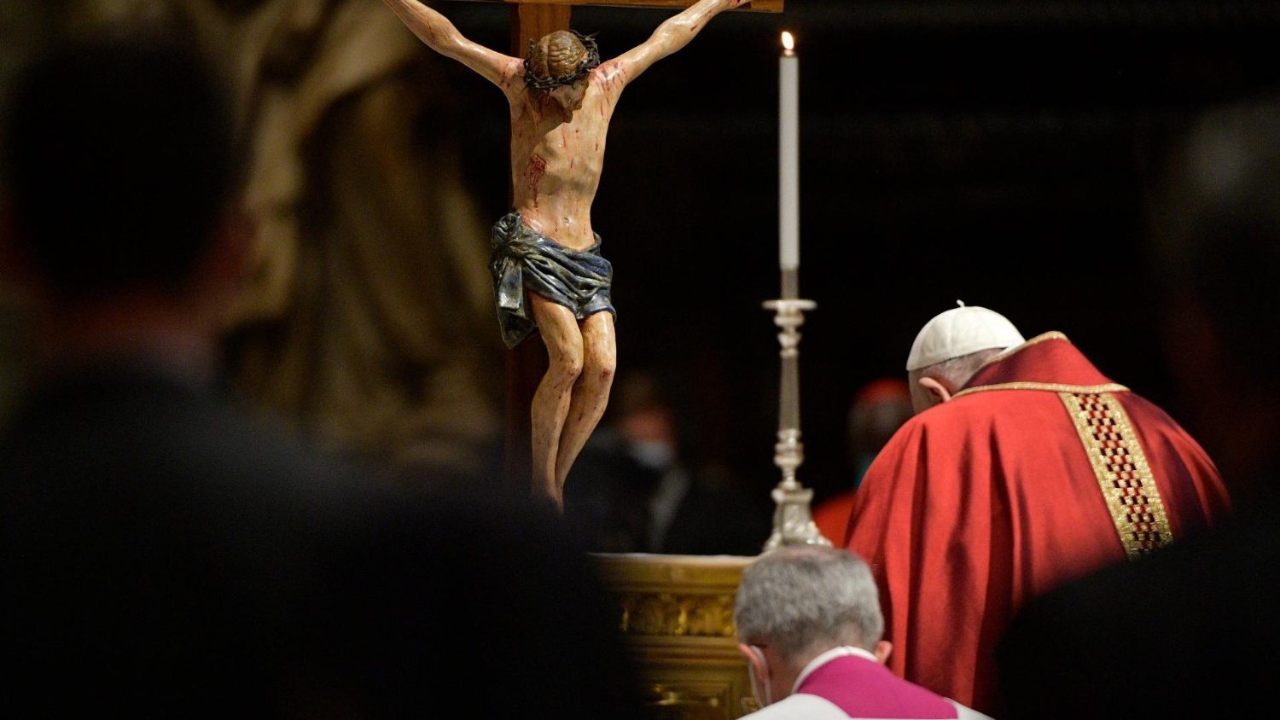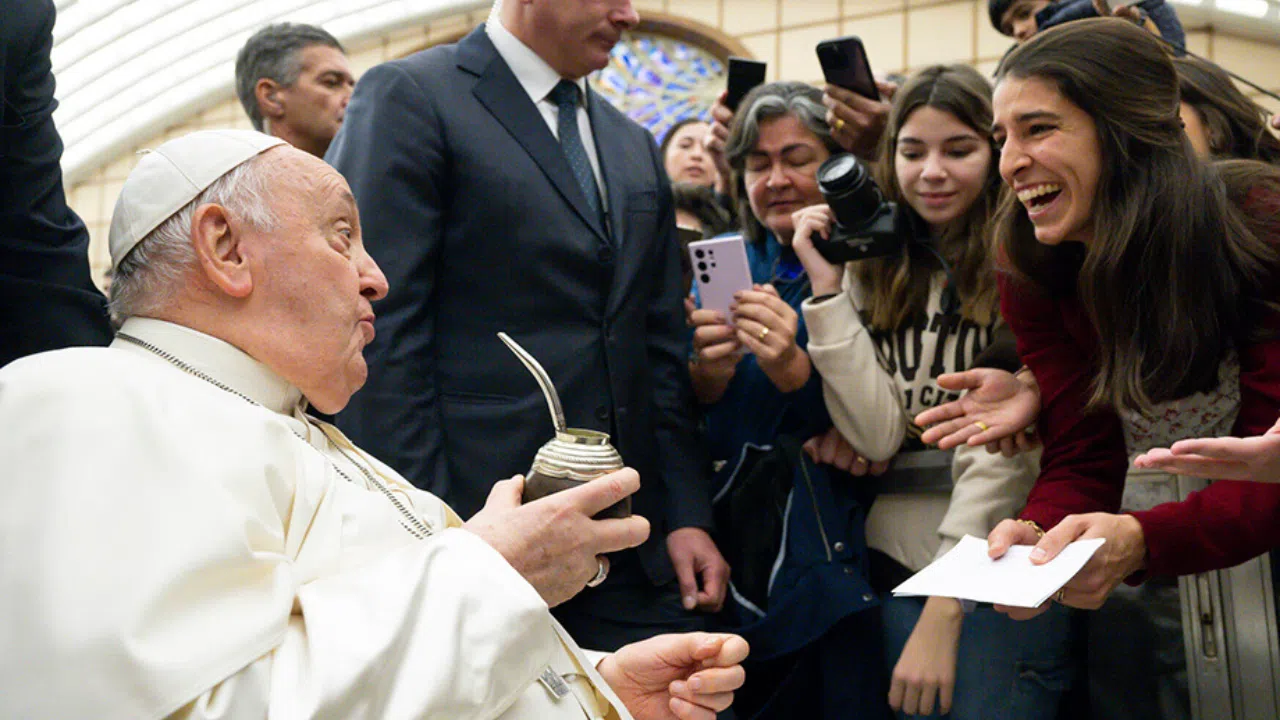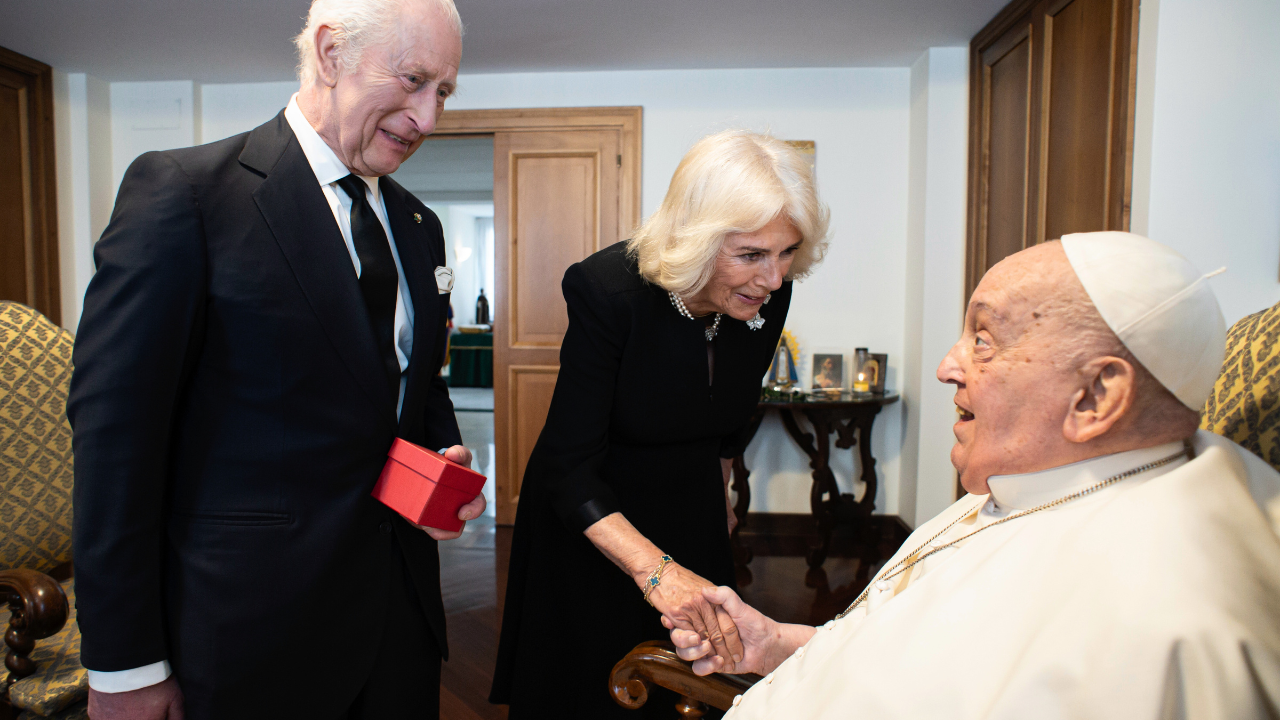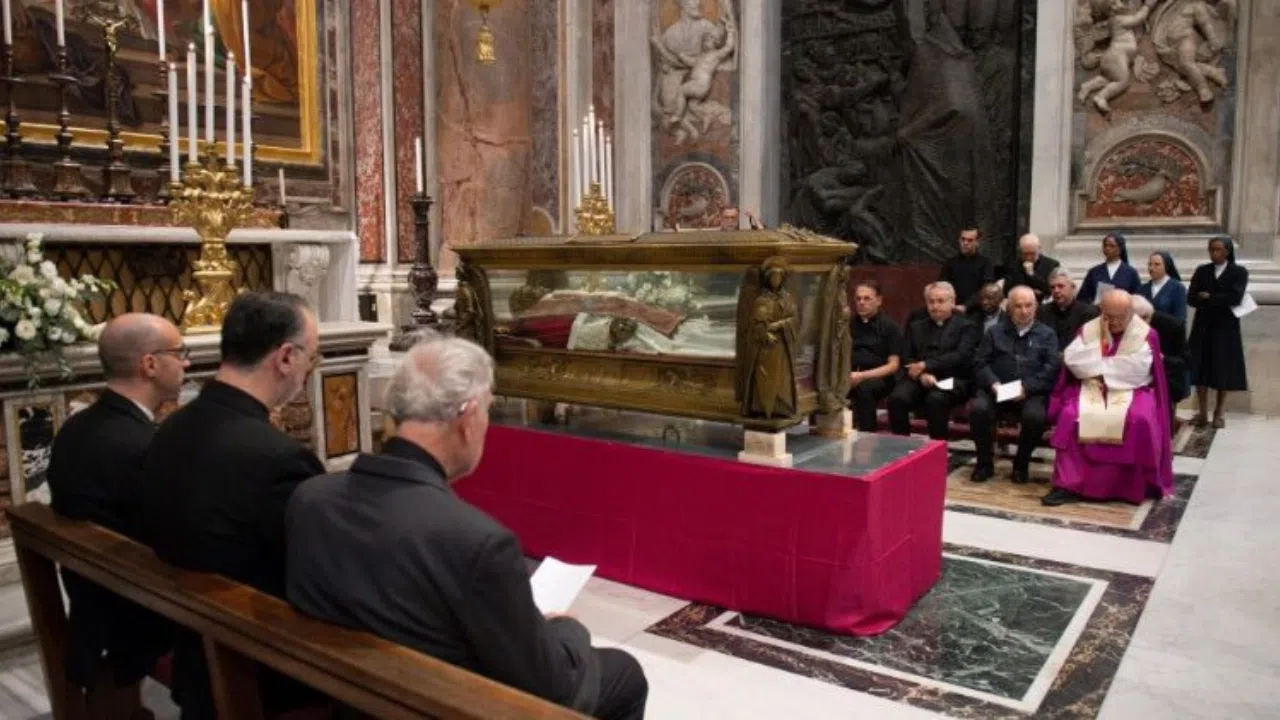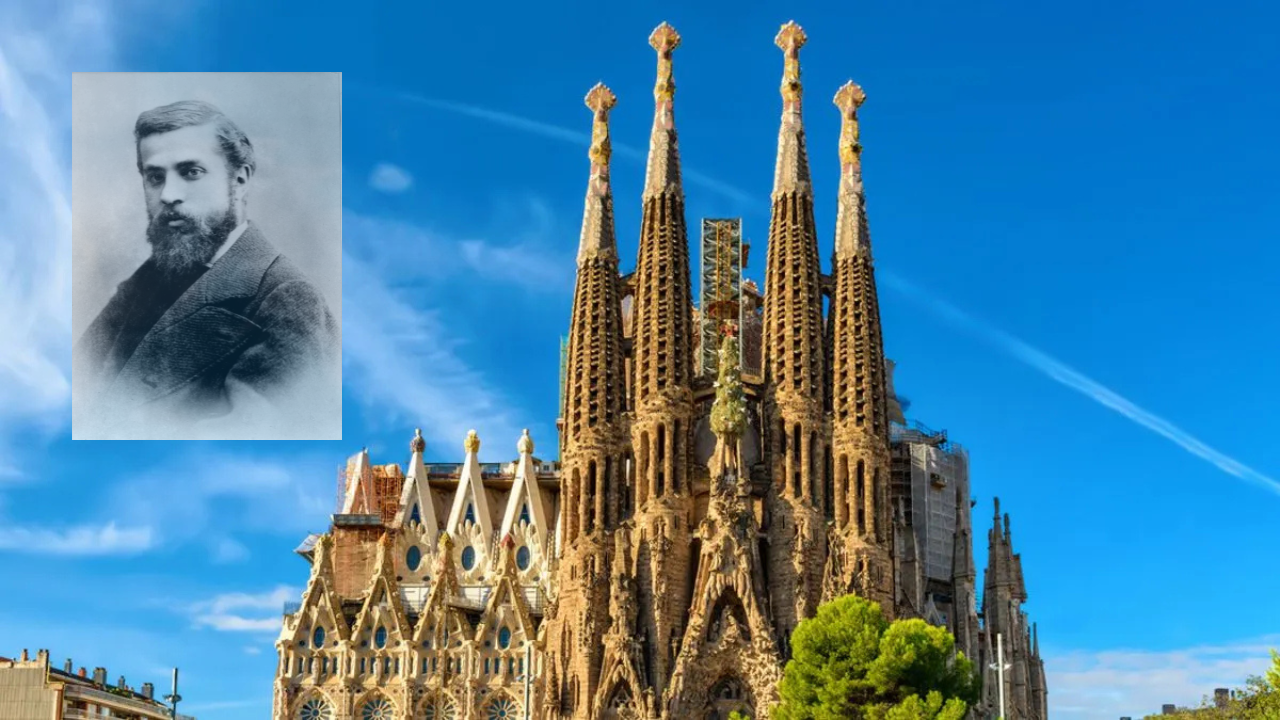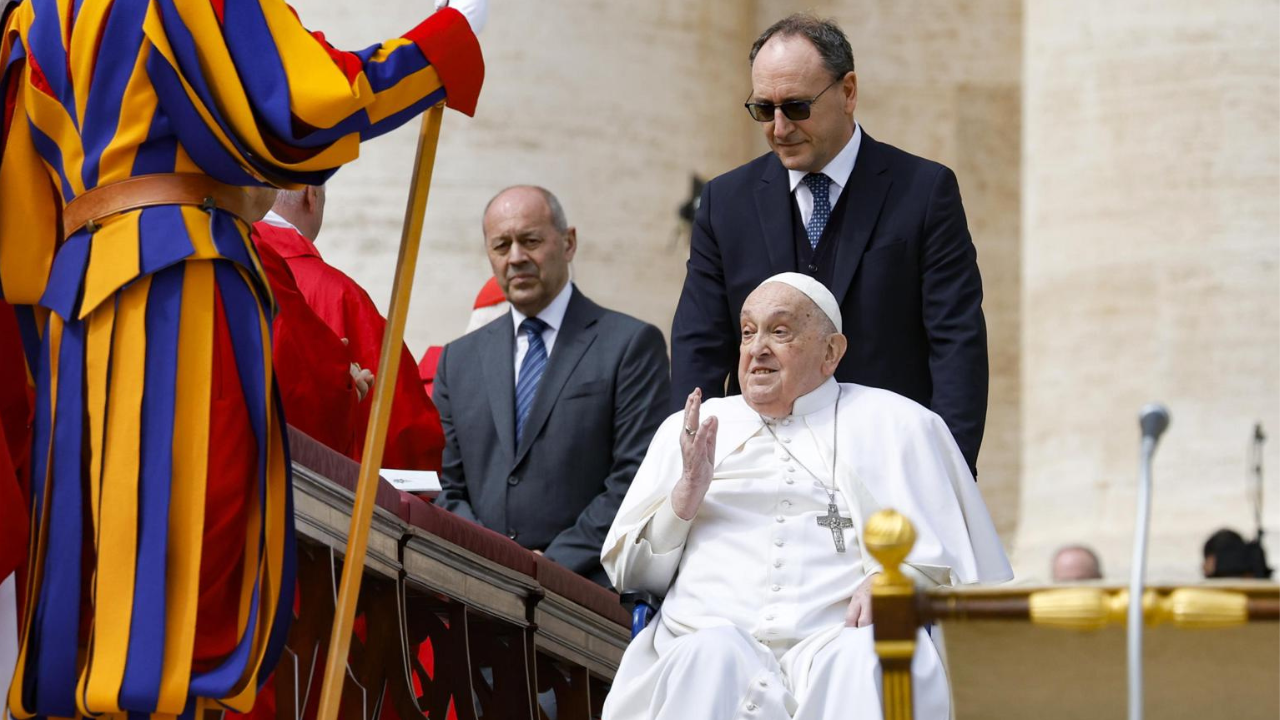The Synod of Bishops was instituted by Pope Paul VI. It addresses concrete matters pertaining to the life of the Church. The Pope convokes it, and it is a consultative mechanism.
1.- WHAT IS THE SYNOD OF BISHOPS
Participants of a Synod of Bishops, as the name indicates, are bishops. But the Synod has been developing.
The goal is to get bishops to see the Synod not as a parliament in which a majority wins, but as a meeting among brothers.
CARD. MARIO GRECH
Secretary General, Synod of Bishops
“It's an experience. It's an exercise in which we listen to the Holy Spirit by listening to each other.”
It is vital that bishops arrive to the meeting having done their homework. That means having listened to the needs of their respective dioceses. They do not attend a Synod to present their own opinions, but to help other participants better understand the situations of their own dioceses.
FR. DARIO VITALI
Consultant, General Secretary of the Synod
“The Pope asked several times that listening be a fundamental principle in the life of the Church. In a democracy, what works in general is the opinion of the majority. In the Synodal Church, the principle that regulates the life of the Church is the 'sensus fidei.' This is the voice of the Holy Spirit manifested through the baptized.”
2.- HOW TO LISTEN
The fundamental element of the Synod of Bishops is listening. It works on three levels. This is how Fr. Carlos Martínez Oliveras, author of “Ten Things Pope Francis Wants You To Know About Synodality,” explains it. His guide summarizes some of the key ideas.
FR. CARLOS MARTÍNEZ OLIVERAS
Theologian
The Pope always, even in his exhortation, “Evangelii Gaudium,” talks about “all, some and one.” These are the three levels of listening. First we must listen to the entire people of God. Then the Synod of Bishops must have a moment of discernment, in which the bishops have to accept their responsibility to be pastors of God's people, and then they communicate their conclusions to the Pope, who decides what to do.
For the next Synod, these three levels of listening will be divided into phases. Each bishop will organize meetings in his own diocese. Then he will take the conclusions of those meetings to two entities: first, to his Bishops' Conference and then to a continental assembly, which is the final phase before all the bishops gather in Rome.
3.- SYNODALITY: MORE THAN JUST THE SYNOD OF BISHOPS
The Synod planners have insisted that the Synod of Bishops is not the only expression of synodality within the Church.
BP. LUIS MARÍN DE SAN MARTÍN
Under Secretary of the Synod of Bishops
We must not reduce the synod and synodality to the Synod of Bishops. The Synod of Bishops is a manifestation of synodality. But it is not the only one. There are other manifestations of synodality in the Church, like pastoral councils, bishops' conferences and others.
4.- SYNODALITY: ESSENTIAL ELEMENT OF THE CHRUCH
POPE FRANCIS
October 17, 2015
The path of synodality is the path that God hopes for the Church of the third millennium.
It is clear that the last popes have promoted this form of governing within the Church. They define it as an essential element of the Church that goes back to the first Christian communities.
Javier Romero
TR: CT


